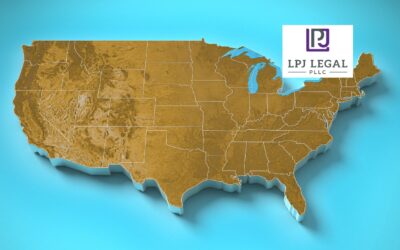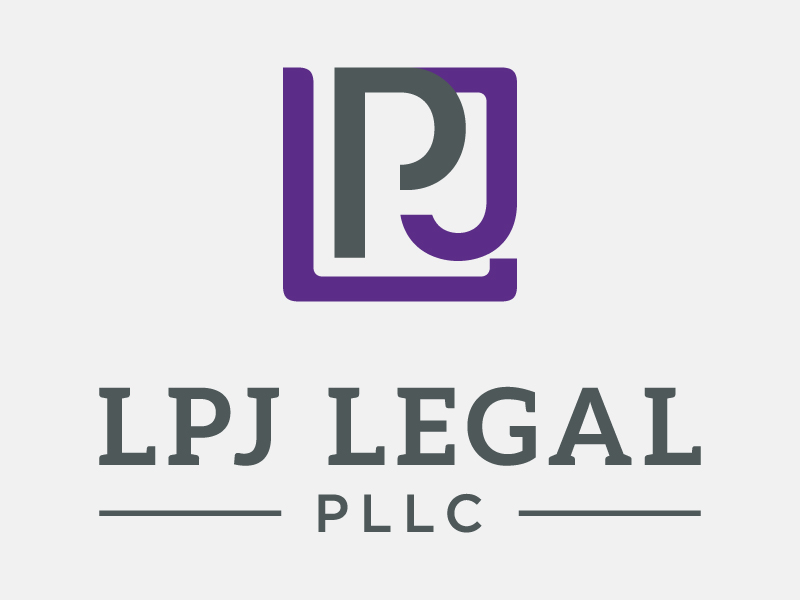I. Introduction
What is a noncompete clause? A noncompete clause is a provision in an employment contract that restricts an employee from working for a competing company or starting a similar business within a certain geographic area and for a specific period after leaving their current employer.
Noncompete clauses have long been used by employers to prevent former employees from working for competitors and sharing industry secrets. However, with the passage of the Ban on Non-Compete Agreements Amendment Act of 2022, Washington, DC now significantly limits how and when these clauses can be used. Employers operating in DC must understand the law’s provisions to avoid compliance risks.
👉 Official Source:
Read the full law here: DC Council – Ban on Non-Compete Agreements Amendment Act of 2022 (B24-256)
II. DC’s Noncompete Restrictions by Employee Income Level
The Ban on Non-Compete Agreements Amendment Act of 2022 applies differently based on employee income levels:
- Employees earning less than $158,363 annually: Noncompete clauses are completely prohibited.
- Employees earning more than $158,363: Noncompete agreements are permitted, but must be limited to no more than one year in duration.
- Medical specialists earning over $263,939: Noncompetes are allowed, but limited to a two-year maximum.
This tiered approach ensures that only certain high-earning professionals may be subject to post-employment restrictions, and even then, only within tight limits.
👉 Additional Guidance:
DC Attorney General’s Workplace Rights page: oag.dc.gov/workplace-rights
DC Department of Employment Services (DOES): does.dc.gov
III. Common Employer Mistakes
Even with clear rules, many employers slip up by:
- Using noncompete clauses in all contracts without checking if the employee’s salary meets DC’s thresholds. The law bans noncompetes for workers earning less than $158,363, so including them automatically can cause issues.
- Not updating contracts signed before 2022, which may still have outdated noncompete terms that no longer comply with current laws.
- Trying to enforce noncompetes against employees who aren’t legally subject to them, like lower-paid workers or those covered by stricter duration limits.
These errors can lead to legal challenges and penalties. Click here for detailed legal guidance on D.C.’s noncompete agreements.
IV. What Employers Should Do Now
To stay compliant, DC employers should:
- Audit all existing contracts to find and remove any unlawful noncompete clauses.
- Work with legal counsel to update templates and hiring documents to match the new law.
- Notify employees in writing when contract terms change, keeping communication clear and transparent.
V. Sound Legal Guidance
Complying with DC’s noncompete law isn’t just about avoiding penalties—it’s about building a workplace culture rooted in transparency and fairness. LPJ Legal helps businesses navigate local employment laws and proactively address compliance risks. Our team will review your employment policies and contracts to ensure you’re aligned with DC’s evolving legal landscape.



